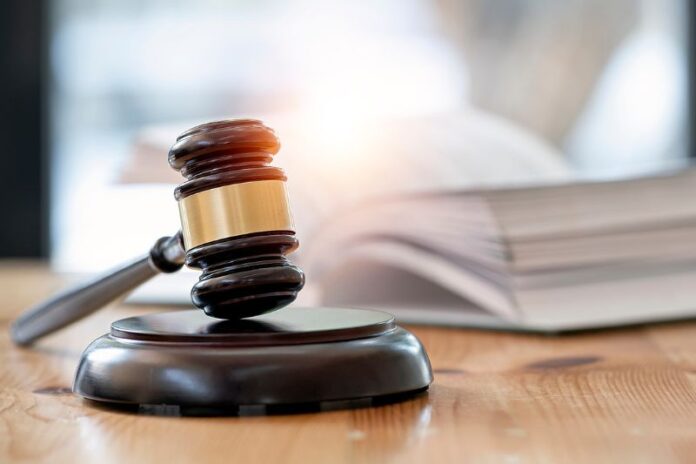In a time visited by one painful irony after another, it was yet one more irony that the Supreme Court decision handing Donald Trump carte blanche to commit whatever crimes he chooses if he returns to the presidency was issued on July 1, as Americans prepared to mark their independence from the British monarchy.
The court’s ruling that Trump was effectively immune from prosecution for any crime he committed as president — and that any crime he committed was de facto no crime at all — forced us to confront quite soberly some sobering truths: the quaint conceit that in America no man is above the law is both quaint and a conceit, a notion in reality as dead as a doornail. And the Supreme Court, dominated by justices that Trump personally appointed, has formally invited their patron to gut a democracy and replace it with meaningful elements of a dictatorship if he is returned to office this November.
Writing for the court, Chief Justice John Roberts predictably pronounced this analysis “fear-mongering.” But that wasn’t merely nonsense. It was dishonesty, of a piece with conduct by the Trump Court that has already substantially degraded the judiciary’s standing and will leave it degraded for generations — if we’re lucky.
For starters, a federal grand jury’s indictment of Trump for felonies it found probable cause to conclude he committed leading up to and on Jan. 6, 2021, is now dust. He will not be held accountable for any of it. The attempts to induce Vice President Mike Pence to violate the Constitution by blocking the counting of electoral votes, the orders that the Justice Department commence sham election investigations, the demands that state election officials violate the law in order to keep him in office — he’ll be scot-free for all of it. No matter whether his motives were fraudulent, corrupt, treasonous or all three.
Happy Fourth.
As for the former president’s flagrant violations of the Espionage Act by pilfering classified information, endangering our national security and thumbing his nose at the law, he is almost certainly immune from prosecution for that as well under the court’s ruling. That’s because he is either “absolutely” or “presumptively” immune for criminal prosecution for anything that can be said to relate to the “outer perimeter” of the president’s “official duties.”
Anything Trump did or does in office, and likely anything that can be said to relate to what he did or does in office, is going to be immunized territory. “Whether described as presumptive or absolute under the (decision), a president’s use of any official power for any purpose, even the most corrupt, is immune from prosecution,” wrote Justice Sonia Sotomayor in a devastating dissent. “That is just as bad as it sounds, and it is baseless.”
In fact, under the ruling, there’s no crime Donald Trump can commit for which he would not be shielded, just the sort of blank check you want to hand to someone already convicted of 34 felonies who has told us that, as president, “I can do whatever I want.”
Americans should be clear about what this means.
If President Trump wants to order the Justice Department to bring phony charges against anyone he wants knowing that the charges are phony, he’ll be free to do so. If he wants to solicit and pocket bribes in return for executive action — or inaction — no problem.
If he wants to hand over military secrets to Vladimir Putin in return for a good deal on a Trump Tower in Moscow, that’s his prerogative. If he wants to order IRS audits of his political opponents or journalists or ordinary citizens, or instruct federal employees to destroy evidence or commit perjury, or break the law in any other respect, he is untouchable. There will be no justice he cannot obstruct, because whatever he obstructs, he is home free.
“What have we got — a republic or a monarchy?” Benjamin Franklin was asked during the Constitutional Convention of 1787. “A republic, if you can keep it,” the 81-year-old Franklin famously replied. We are one election away from losing it.





























